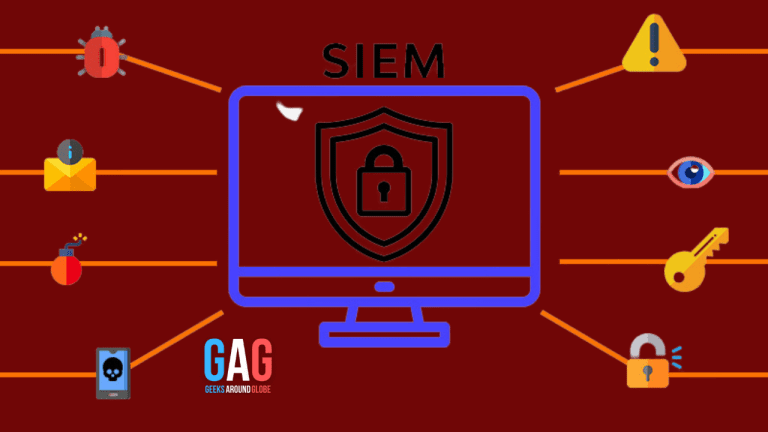In today’s fast-paced and data-driven world, businesses face immense challenges when it comes to managing and utilising their vast volumes of information. With the exponential growth of data from various sources, the need for effective data orchestration tools has become more critical than ever before. These tools act as the conductors of a symphony, harmonising data from multiple instruments, and transforming it into valuable insights that drive strategic decision-making. In this article, we will explore why data orchestration tool are indispensable for any modern business.
Unifying Disparate Data Sources
One of the most significant challenges that businesses encounter is dealing with data stored in various formats and locations. Customer information might be spread across CRM systems, marketing databases, social media platforms, and more. Without a proper data orchestration tool, this data remains siloed, leading to inefficiencies and missed opportunities. Data orchestration tools bring all these disparate sources together, providing a comprehensive and unified view of the organisation’s data landscape.
Streamlining Data Integration
Integrating data from different sources is not a simple task. Each system may have its unique data format, making the process complex and time-consuming. Data orchestration tools offer powerful ETL (Extract, Transform, Load) capabilities, allowing businesses to seamlessly extract data, convert it into a standardised format, and load it into a centralised repository or data warehouse. This streamlined integration process ensures data consistency and accuracy, enabling teams to work with reliable information.
Enhancing Data Quality and Governance
Inaccurate or inconsistent data can be detrimental to business decision-making. Data orchestration tools come equipped with data quality and governance features, enabling businesses to establish rules and protocols to ensure data integrity. These tools automatically detect and rectify data errors, duplicate entries, and inconsistencies, leading to a cleaner and more reliable dataset.
Accelerating Data Processing
Time is of the essence in the modern business landscape. Data orchestration tools offer data processing capabilities that significantly reduce the time taken to analyse and generate insights. Automated workflows and batch processing allow businesses to handle massive datasets efficiently, giving them a competitive advantage by providing real-time or near-real-time analytics.
Enabling Advanced Analytics and AI
Data orchestration is the foundation for advanced analytics and artificial intelligence. These tools create the necessary data pipelines to feed machine learning models, predictive analytics, and other AI applications. The seamless flow of data from various sources ensures that AI-driven insights are based on comprehensive and up-to-date information, empowering businesses to make informed and accurate predictions.
Facilitating Business Agility
As market conditions change rapidly, businesses need to adapt quickly to stay competitive. Data orchestration tools empower businesses with the agility to respond to these changes effectively. By automating data processes and enabling self-service data access, these tools empower non-technical users to access and analyse data without relying on IT teams, reducing the time-to-insights significantly.
Conclusion
Data orchestration tools have become indispensable for businesses of all sizes and industries. By unifying disparate data sources, streamlining integration, enhancing data quality, and accelerating data processing, these tools pave the way for advanced analytics and AI-driven insights. With the ability to facilitate business agility, data orchestration tools are the linchpin for staying competitive and making data-driven decisions in today’s fast-paced world. Embracing these tools will undoubtedly propel businesses towards success in their data journey, allowing them to leverage their data as a strategic asset.







